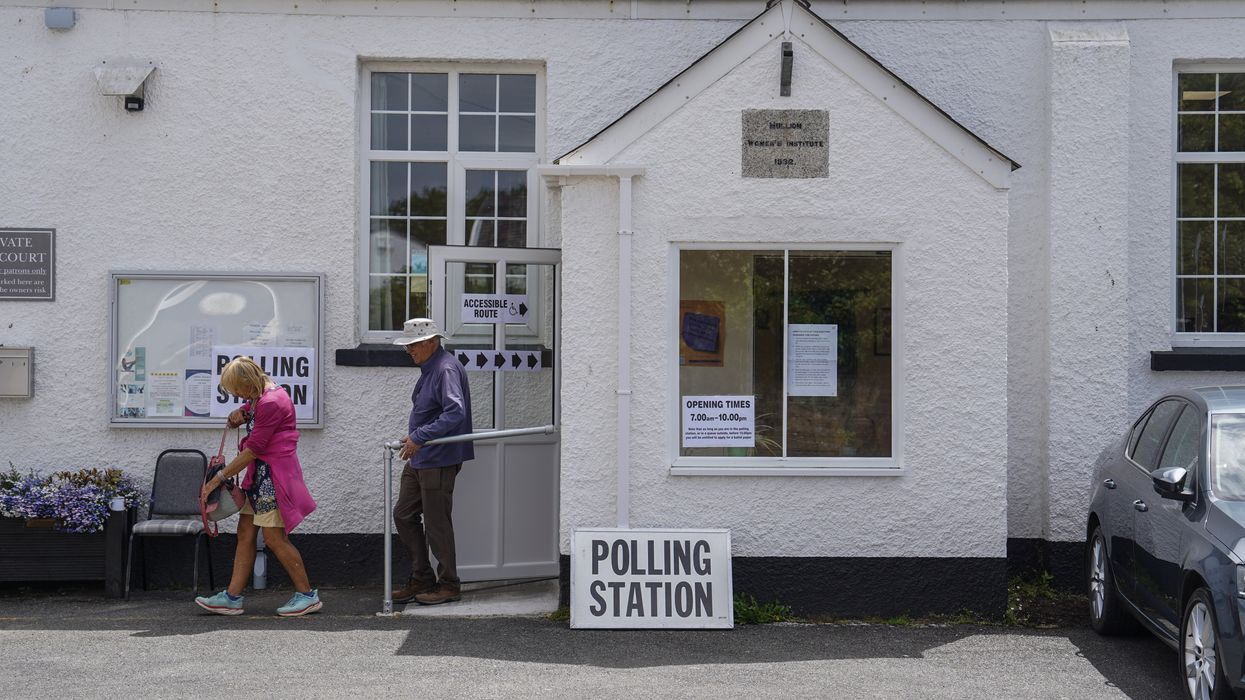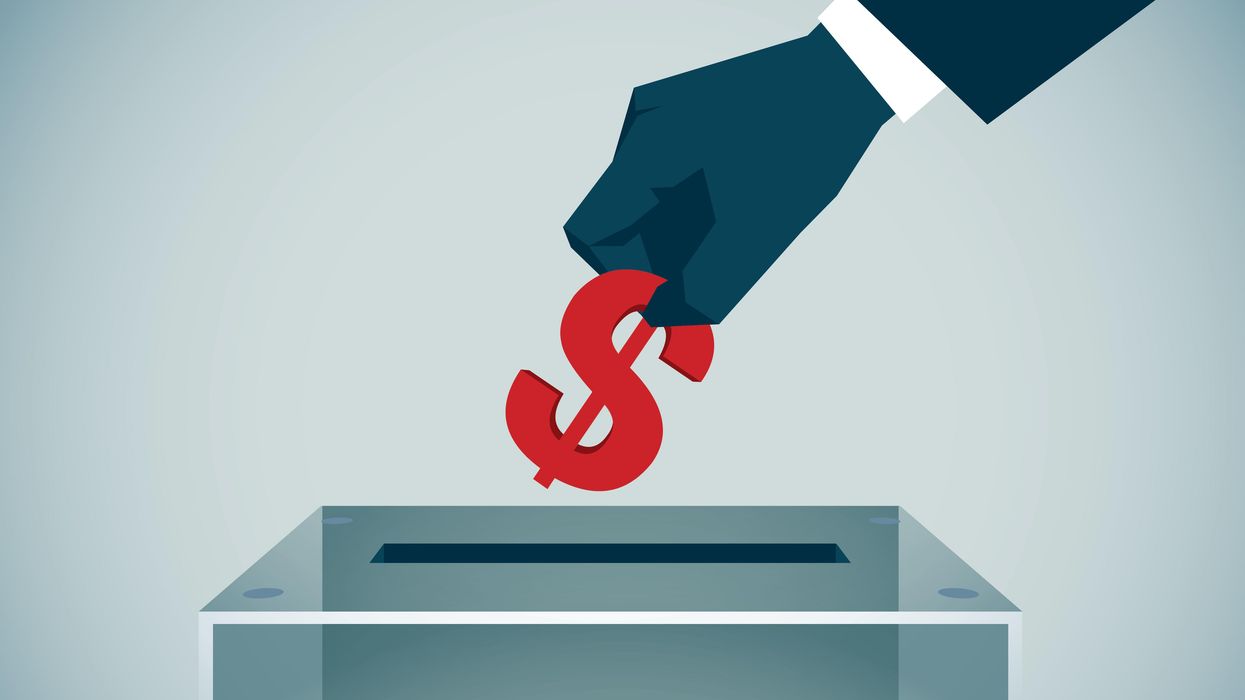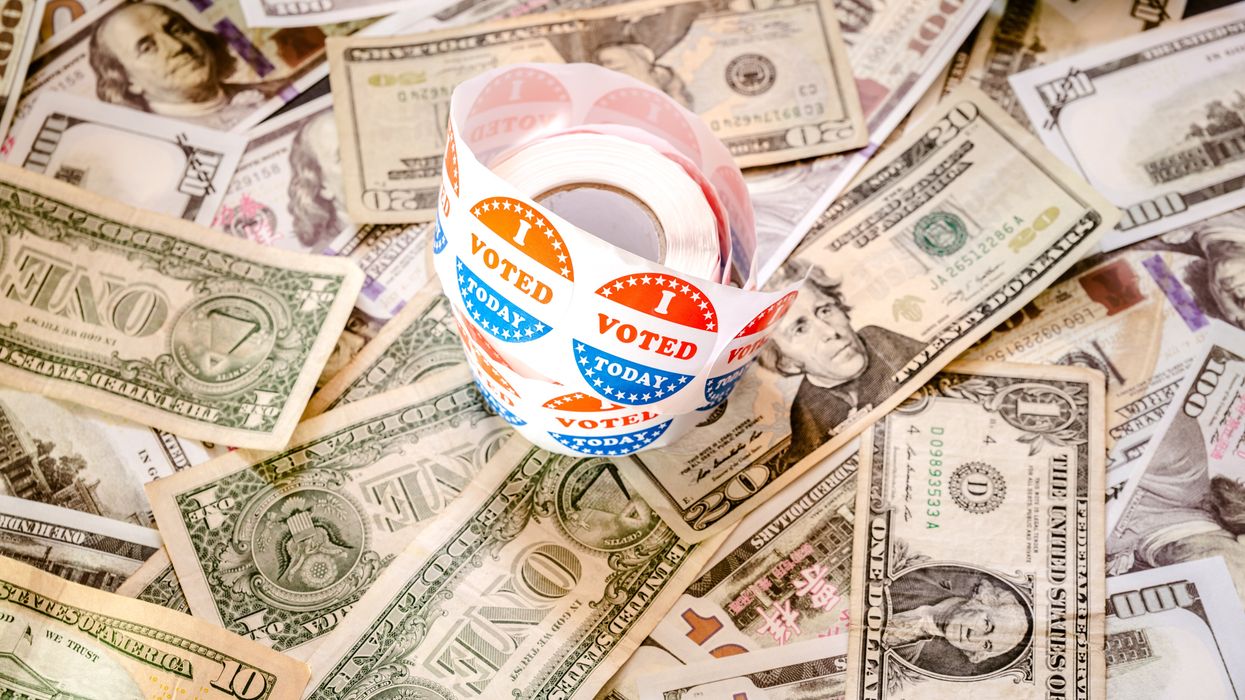Sheehan Zaino is a professor of political science and international studies at Iona University, Bloomberg political contributor and senior democracy fellow at the Center for the Study of the Presidency & Congress.
Many Brits were perplexed when Rishi Sunak called for general elections, particularly given polls suggesting his party would lose. The results prove their concerns were valid.
As an American, I questioned the timing of the election as well, although for a very different reason.
Was the choice of a rare summer poll, on our Independence Day, meant to stick it to us? By choosing our nation’s birthday to go to the polls, perhaps the Brits were trying to rub our nose in the fact that for all our Framers got right (and there’s a lot!), there are a few areas where they faltered, primary among them our electoral process.
Let’s start with the fact that, on May 22, Sunak announced the elections would be held on July 4 — in a mere six weeks (or 43 days to be exact). By comparison, the 2016 U.S. election lasted a whooping 596 days, and the 2020 election 1,194 days — or more than three years, if we count from the time the first candidate, former Rep. John DeLaney, announced his candidacy.
As it pertains to the current election, which is still ongoing (much to the chagrin and embarrassment of so many Americans) we have now surpassed 600 days. That’s more than 14 times longer than the British election!
All of which makes me suspicious that it was no accident that of all the possible dates Sunak could have chosen, he chose Independence Day, the one remaining day on which Americans can still feel some sense of pride in our government.
But the absurd length of our elections in comparison to our brethren across the Atlantic is not the only reason we have electoral envy.
In Britain, during the current blink-or-you’ll-miss-it political exercise, there are strict limits on what candidates and parties can spend. In late November 2023, the British government increased spending limits for both parties and candidates. The move has prompted many to worry that this current six-week exercise may be one of the most expensive since regulations were put in place. Even if it is,it is unlikely to come anywhere close to the billions we spend on U.S. elections. And for all that money, we are lucky if six out of 10 Americans go to the polls.
In the U.K.’s 2017 general election, approximately £40 million was spent. Compare this to the approximately $7 billion spent on U.S. elections the year prior ($1 billion of which was raised and spent by a candidate at the top of the ticket, Hillary Clinton, who lost). That was nothing compared to the 2020 U.S. election, in which spending topped $14 billion, or the current cycle, which is expected to easily exceed $15 billion and may turn out to be the most expensive in history.
In case you aren’t watching the presidential race closely, this won’t be much of a challenge for our major-party candidates. On just one day in April, Donald Trump broke records with a fundraiser in Florida that raked in more than $50 million. Not to be outdone, President Joe Biden responded with a Hollywood fundraiser that, in one evening, broke records on the Democratic side by taking in more than $28 million.
Where is all this money going? Huge chunks of it go to advertising. And for anyone who has lived in both the U.S. and U.K., this is one of the most glaring differences between our elections. The number of political pitches we are subjected to in the U.S. across multiple platforms is hard to put into words (except one: mind-numbing). AdImpact predicts that the 2024 U.S. election will be the costliest ever, with spending on advertising alone expected to dwarf $10 billion; a 13 percent increase over spending in the record-breaking 2020 election.
Not so in the U.K. where, you guessed it, there is a ban on political advertising on commercial media. Instead, the parties are given time (free, mind you) for short, pre-election televised broadcasts.
Moreover, in true British form, even their rules are more civilized: By law British broadcasters must give equal time to all major parties. Not so in the U.S., where we have a popularity contest — meaning, he who can get the most eyeballs, clicks, viewers, listeners gets the most attention. Think of a car crash and the rubberneckers who slow down to see what the heck happened — that is probably the best way to describe our free-for-all media environment, which incentivizes outrageous and outlandish behavior.
Trump won the 2016 election despite not raising and spending as much as his opponent in part because he is the “King of Free Media,” able through one outlandish antic or statement after another to garner vast amounts of media attention. In 2016, for instance, he rode $5 billion in free media directly into the White House.
By all accounts, he will do it again this time around; although after watching Biden’s recent debate performance, a conspiracy theorist might be forgiven for surmising that the incumbent is vying to best Trump at the free media game.
And it isn’t just the time, cost, or media coverage — Brits are also spared oddities like the inane Electoral College, where the winner of the popular vote can lose (and has, several times, most recently in 2016 and 2000), or the full slate of primaries and caucuses, which highlight states like Iowa and New Hampshire — places most Americans have never visited and which hardly look like the country at all. And don’t even get me started on voting machines! While Americans worry constantly about our votes being tampered with, the British don’t have this issue because they vote by paper/pencil.
I understand from my friends across the pond that none of this has made them feel any better about their government, politics, choices or future. And the lower-than-expected turnout this month and greater levels of voter discontent bear this out.
To their point, perhaps I can be convinced that the choice of a July 4 poll was, in the end, mere coincidence. I am also willing to concede that the British electoral process is far from perfect. (Case in point: The largely unregulated social media environment.) But as we sit here in the U.S., amid one of the most embarrassing and confounding presidential elections in history, I suspect I am not the only Yankee peering across the Atlantic feeling more than a bit of electoral envy.




















Trump & Hegseth gave Mark Kelly a huge 2028 gift